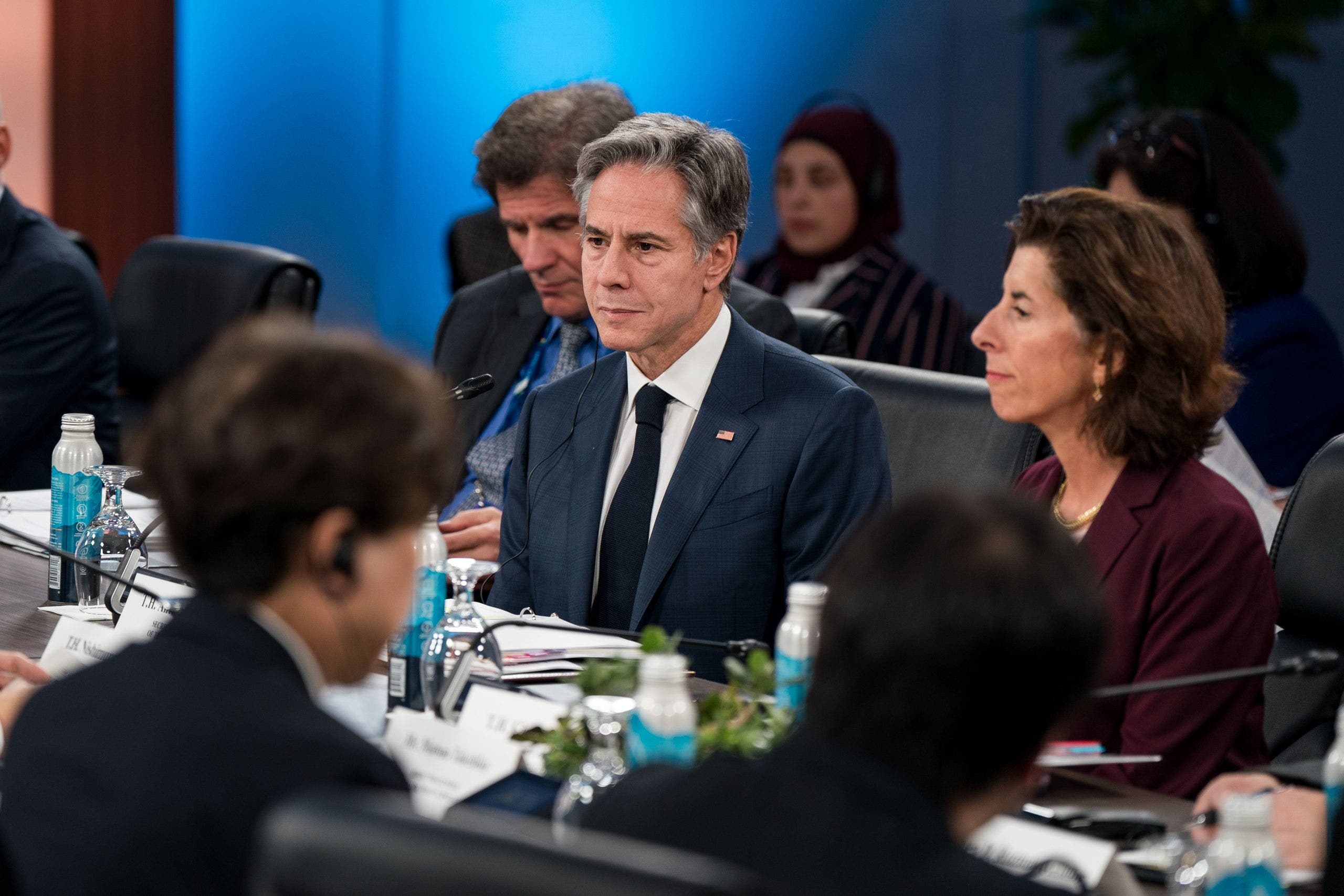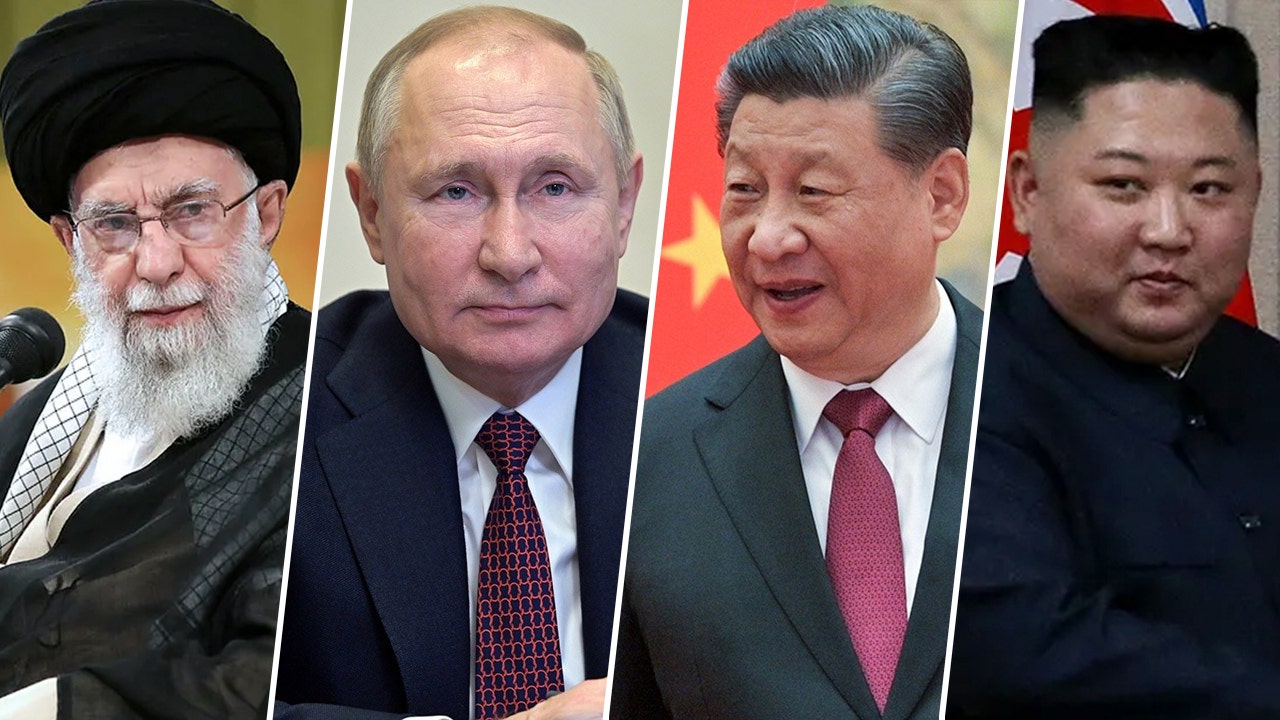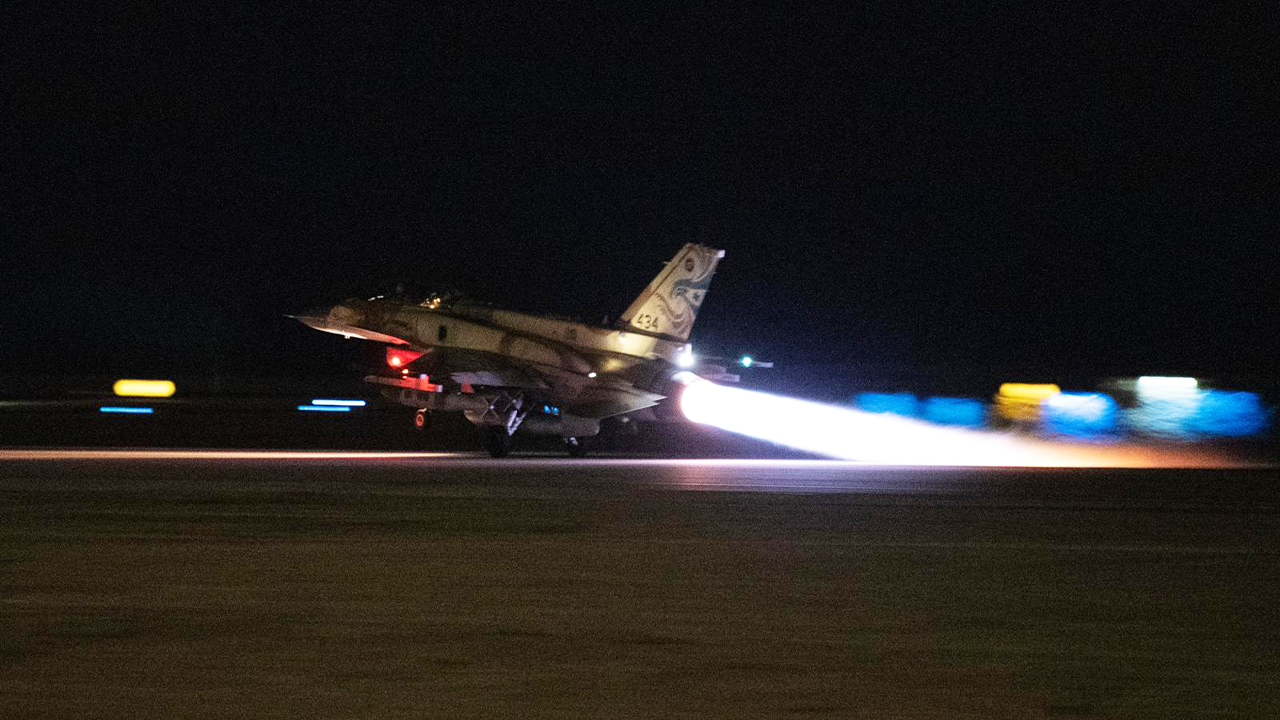Colombia’s largest criminal group said Tuesday it has accepted President Gustavo Petro’s offer to start peace negotiations, but the next steps in any talks were not immediately clear.
The Gaitanista Self Defense Forces of Colombia — called the Gulf Clan by Colombia’s government — has been described by analysts as a threat to Petro’s ongoing efforts to broker peace deals with the nation’s remaining rebel groups.
Petro on Monday night said he was willing to start peace negotiations with the group if it “dares” to leave drug trafficking, stops taxing local businesses and stops profiting from the transit of migrants heading to the United States.
COLOMBIAN PRESIDENT SUSPENDS CEASEFIRE WITH REBELS AFTER ATTACK ON INDIGENOUS COMMUNITY
The group responded on Tuesday with a statement on X saying it accepted the president’s invitation to start negotiations. It denied being involved in the smuggling of migrants.
The Gulf Clan was founded by former members of right-wing paramilitary groups that demobilized in the early 2000s. It has been described as an apolitical group that increasingly controls communities where it administers justice, taxes local businesses and employs youth.
The group has an estimated 9,000 fighters and earns more than $4 billion per year from its illicit activities, which makes it Colombia’s wealthiest armed group, according to a report published Tuesday by the International Crisis Group.
Colombian President Gustavo Petro attends a press conference with members of the UN Security Council after a meeting at the Presidential Palace in Bogotá, Colombia, Thursday, Feb. 8, 2024. (AP Photo/Fernando Vergara, File)
“The armed groups who are in negotiations (with the government) today are under military pressure not from the state but from the Gulf Clan,” Elizabeth Dickinson, the report’s author, told The Associated Press. “So hovering over all of the ongoing negotiation processes is this threat that laying down arms…translates into handing over illicit economies, territories and communities” to the group.
Dickinson said that starting negotiations with the Gulf Clan would be essential for the government’s efforts to pacify rural areas of Colombia.
But talks with the Gulf Clan have been hampered by legislation that limits the government’s ability to negotiate with criminal groups that are not believed to have ideological motivations.
Colombia’s “total peace” law, created during the early days of the Petro administration, designated the Gulf Clan as a criminal group instead of an insurgent group.
While a 2023 ruling by Colombia’s constitutional court says the government can initiate talks with criminal groups, it is not allowed to offer them concrete terms under which they can disarm.
Instead, the Gulf Clan would have to negotiate its disarmament with Colombia’s attorney general.
On Monday, Petro said he had asked the attorney general to come up with terms under which the members of the Gulf Clan could collectively lay down their weapons.
“If they were born here, they have the right, like any other citizen, to discuss what they want for the future of their territory,” Petro said during a town hall meeting in Apartado, a town where the Gulf Clan is said to be active.




